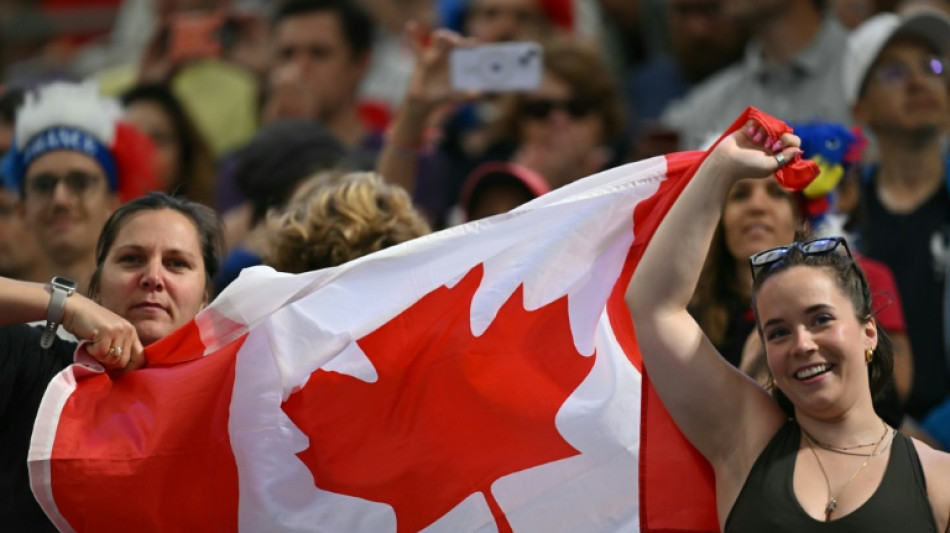
'We may look easy-going, but...' Canadians veto Trump's merger plan

Different values, different spelling -- different country. Donald Trump's unlikely plan for Canada to become the 51st US state is leading to a surge of national pride north of the border and a pushback against an often imposing neighbor.
"There isn't a snowball's chance in hell that Canada would become part of the United States," reacted Prime Minister Justin Trudeau, summing up many Canadians' sentiments.
A new poll by the Angus Reid Institute found 90 percent of citizens reject the idea of linking up with the United States.
Canadians told AFP and posted on social media that they pronounce Z as "Zed" north of the 49th parallel and not "Zee" like Americans, measure temperatures in Celsius not Fahrenheit, and would never get used to paying for a doctor visit.
They wisecracked about adding a beaver or a maple leaf to the American flag, and whether they could keep saying sorry as a figure of speech if they became American, while fretting about who would inform King Charles that Canada was quitting the Commonwealth.
"Forever neighbours. Never Neighbors," a Vancouver strip club joked on its signage, focusing on how Canadians don't follow US spelling.
Even some so-called Trump groupies are cool to a merger.
"I'm very proud to be Canadian. I love this country. I enjoy visiting the United States. I enjoy doing business in the United States, but Canada is home," Paul Koidis, a Trump supporter in Toronto, told AFP.
Some Americans and Canadians sound and look alike, and they watch the same movies, he and others noted, and their economies and security are deeply integrated.
But each has a very different mindset, Koidis insisted.
- 'American imperialism' -
Trump has "unified Canadians more than we have been ever before!" former prime minister Jean Chretien said in an open letter, calling Trump's remarks insulting and an "unprecedented threat to our very sovereignty."
"We built a nation across the most rugged, challenging geography imaginable. And we did it against the odds. We may look easy-going. Mild-mannered. But make no mistake, we have spine and toughness," he said.
Mark Brawley, an American Canadian professor of international relations at McGill University in Montreal, said "there are stark differences" between the two peoples.
"We have different values and they're incompatible for us to become one country," he told AFP.
Although Canada-US free trade since 1994 arguably brought the two sides closer together, he said Trump's trolling is sparking a backlash and "will reinforce Canadian nationalism."
More and more Canadians have been egging on their political leaders to take a firm stand against Trump's designs on Canada.
Michael Connolly, a history student from Alberta in western Canada, said Canadians like himself who do not support the US president-elect were angered by Trump's remarks.
"We are a sovereign nation with a unique identity and culture that deserves respect," he said, urging Ottawa to "push back against American imperialism."
In the eastern province of Quebec, which twice sought to separate from Canada in failed referendums in 1980 and 1995, Trump's threat to use "economic force" against Canada in order to achieve his goal has become a serious topic of conversation among Marie-Josee Roussy's family and friends.
They all agree, she said, "My God, no! We don't want to be the 51st state. We're fine as neighbors, we help each other, we cooperate, but no, we don't want to be American."
She told AFP she "notices the differences as soon as she crosses the border," pointing to rampant gun violence, a large wealth gap and structural racial discrimination in the United States.
Talk of merging "is all nonsense. But it's also starting to scare us," she said.
A.M.Owen--TNT